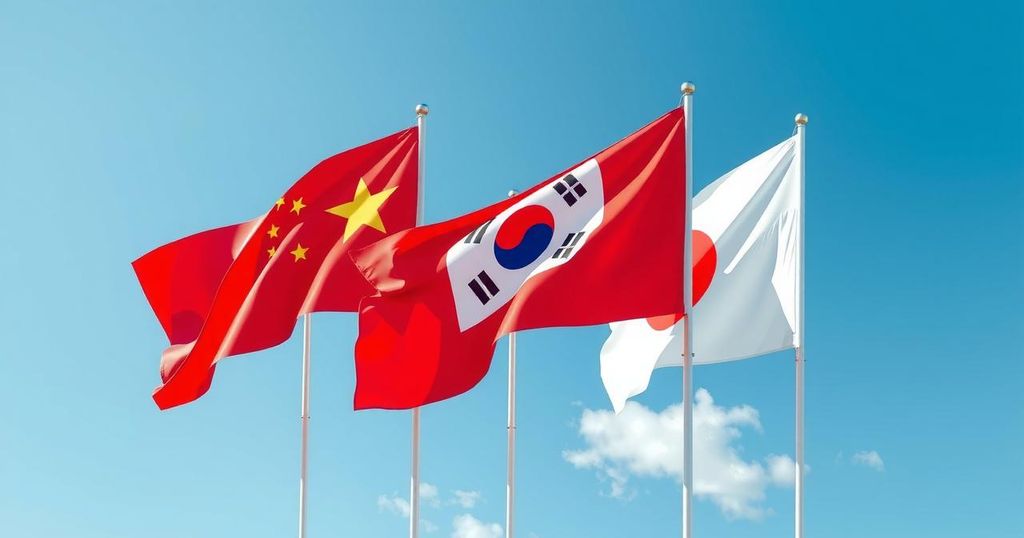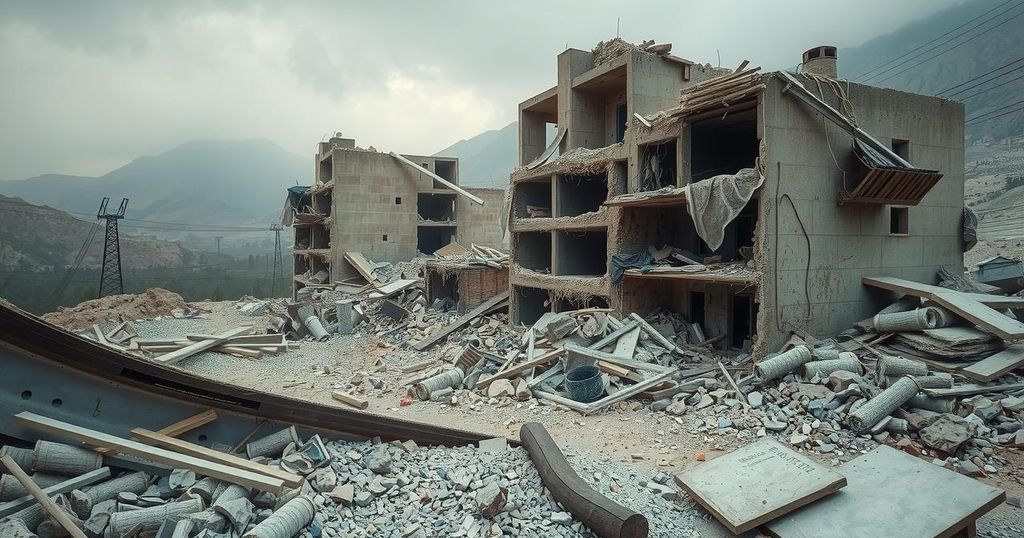Conflicts
Politics
ASIA, BLACK SEA, BLOOMBERG, CONFLICT, DONALD TRUMP, DONETSK, EUROPE, EUROPE/ASIA, INTERNATIONAL RELATIONS, KREMLIN, KURSK, KY, KYIV, MOSCOW, NORTH AMERICA, PE, PUTIN, RIYADH, RUSSIA, RUSSIAN INVASION OF UKRAINE, SAUDI ARABIA, THE INDEPENDENT, UKRAINE, UNITED STATES, US, US PRESIDENTIAL RACE, VLADIMIR PUTIN, WAR, WASHINGTON, WHITE HOUSE, ZELENSKY
Dante Raeburn
Ukraine Ceasefire Talks: Key Points and Expectations from Saudi Negotiations
Officials from Ukraine, Russia, and the United States are engaging in ceasefire talks in Saudi Arabia, with President Trump seeking a truce by Easter. Discussions will center on a proposed 30-day ceasefire on energy strikes, territorial claims, and potential NATO membership for Ukraine. The Kremlin has expressed skepticism, while U.S. proposals may influence future negotiations regarding Ukraine’s energy resources and sanctions on Russia.
Diplomatic discussions are underway in Saudi Arabia between officials from Ukraine, Russia, and the United States to negotiate a ceasefire. The U.S. President, Donald Trump, aims for a resolution by Easter, celebrated on April 20 this year. The Kremlin has expressed skepticism regarding a swift agreement, indicating challenging negotiations ahead, as addressed by spokesperson Dmitry Peskov.
Key subjects for discussion include a proposed 30-day ceasefire on attacks targeting energy infrastructure, as well as plans for a longer-term peace deal. Although a preliminary agreement emerged from discussions between Trump and Putin, further incidents, such as accusations against Russia of undermining the ceasefire, have raised doubts about its viability. President Zelensky has indicated a willingness to list facilities eligible for this ceasefire, extending beyond energy assets.
Furthermore, Moscow is particularly interested in resuming the UN-brokered agreement established in July 2022 to ensure safe navigation in the Black Sea. Despite previous unilateral withdrawals, the Kremlin indicates a readiness to negotiate under this initiative. However, concerns arise regarding U.S. officials’ statements, which might appear to echo Kremlin narratives.
The complex issue of territorial control remains a contentious topic. U.S. special envoy Steve Witkoff noted the importance of recognizing Russia’s claims over certain Ukrainian regions, while Ukraine maintains its stance against acknowledging any territorial concessions. The potential inclusion of NATO membership as part of peace negotiations has surfaced but is complicated by Russia’s demands for a reduction in Ukraine’s military.
The Trump administration has proposed U.S. involvement in Ukraine’s vast mineral and energy resources, aiming to deter further Russian aggression. Additionally, they are considering oversight of Ukraine’s nuclear power facilities, contingent upon the return of these assets to Ukrainian control. Meanwhile, prisoner exchanges have occurred, marking progress in humanitarian efforts amidst the conflict.
Moreover, sanctions on Russia, alongside the prospect of future elections in Ukraine, have become focal points of negotiation. President Putin has called for easing sanctions, while Ukraine’s government clarifies the impracticality of holding elections amidst ongoing warfare. As discussions unfold, the dynamics of the conflict may shift, contingent upon the outcomes of these high-stakes negotiations.
The ceasefire discussions in Saudi Arabia signify a critical juncture in ongoing conflicts between Ukraine and Russia. Key points under negotiation include a temporary cessation of energy facility attacks, recognition of territorial claims, and the future of military cooperation. The outcome of these talks could influence the geopolitical landscape significantly, highlighting the complexities of achieving lasting peace amid existing tensions. Continued dialogue remains essential for addressing the humanitarian and territorial issues that have defined this conflict.
Original Source: www.independent.co.uk








Post Comment